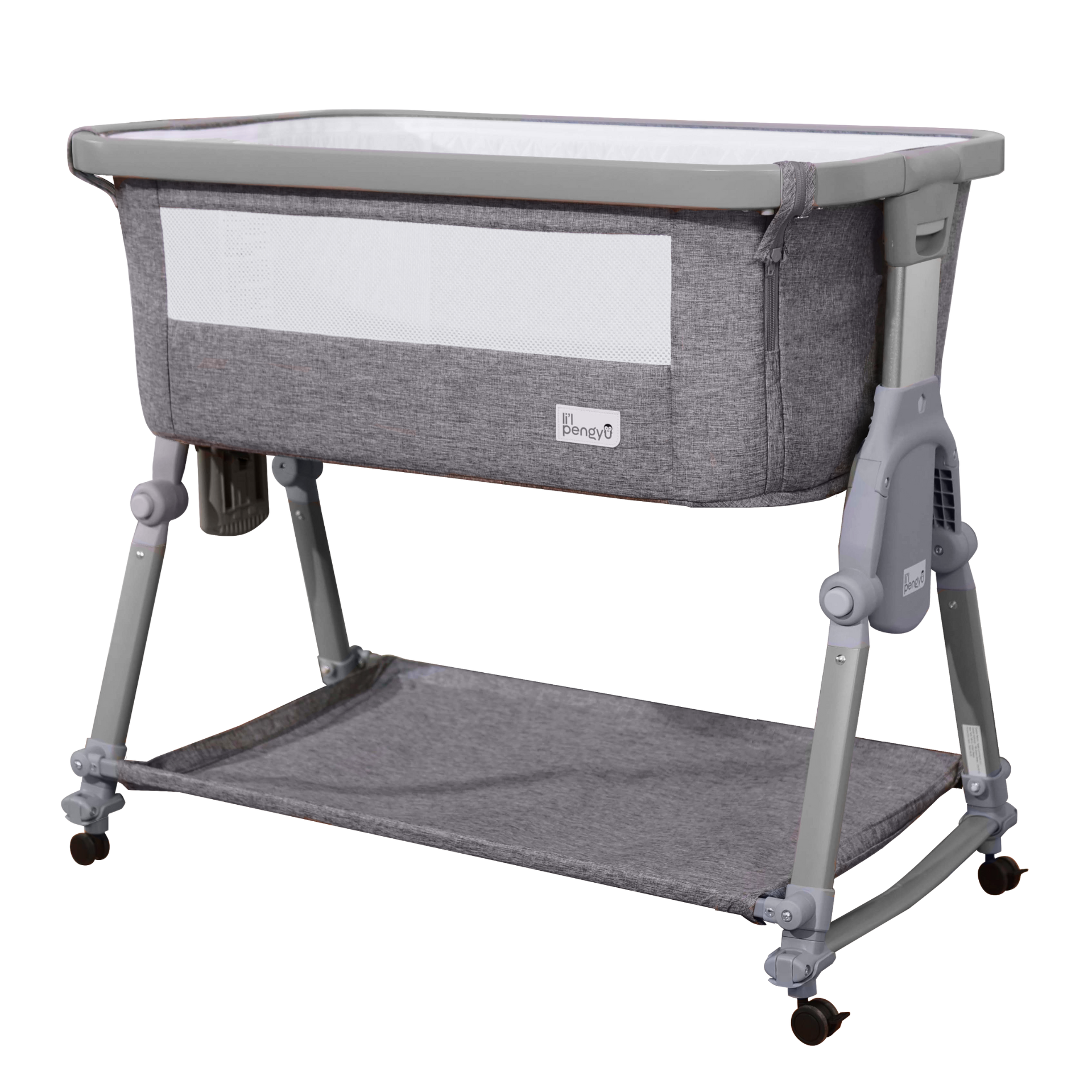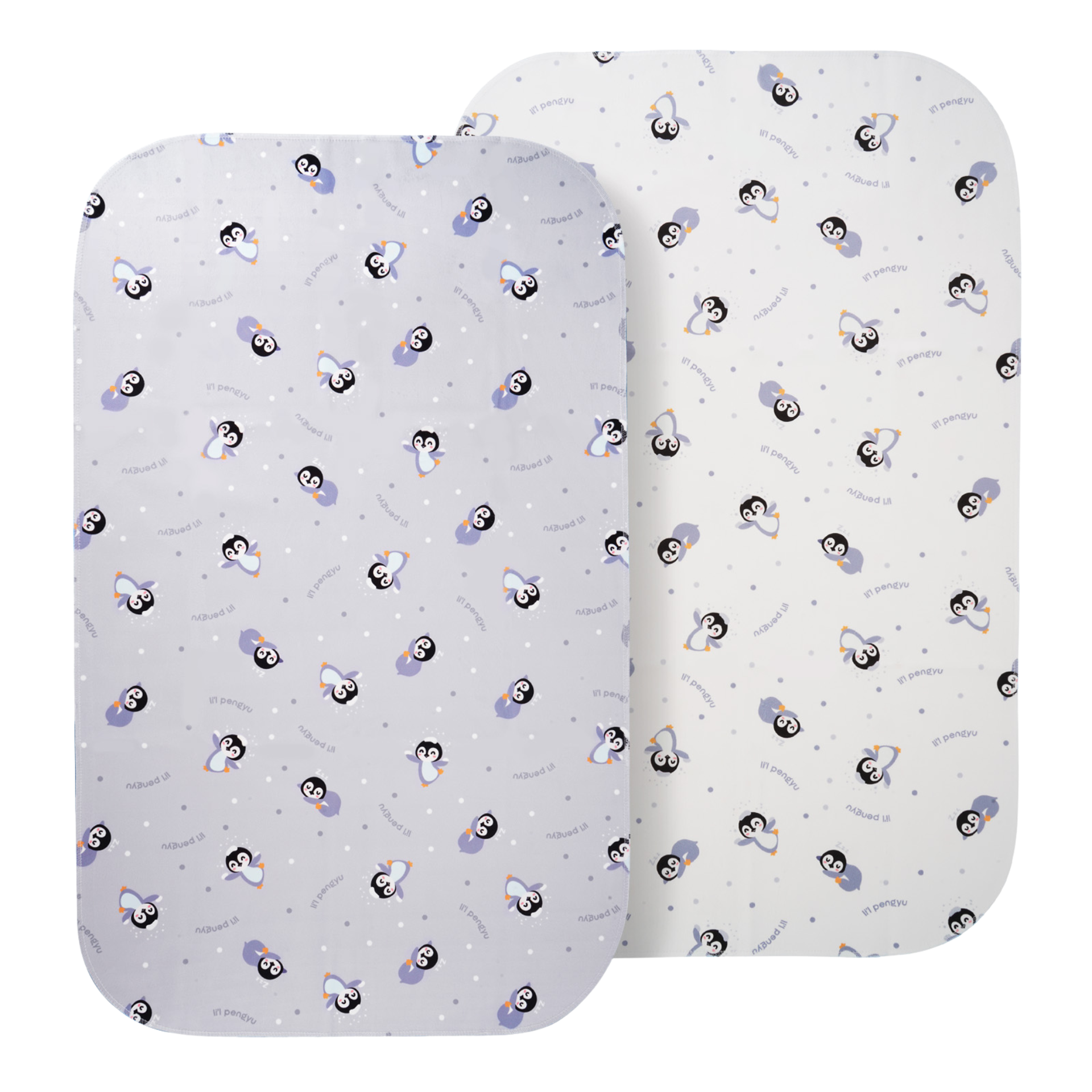New parents sometimes wonder if others or even themselves can kiss their newborns. There are benefits and drawbacks to kissing a newborn. Let’s explore them in greater detail.

We all know that babies are extremely adorable so it’s no surprise that your first instinct is to plant a loving kiss on them. In many cultures, kissing is a traditional way of showing affection and love toward one another.
However, it’s crucial to note that there are some potential risks that a kiss can have on a newborn. In this blog, we’ll outline seven things you should consider before kissing a newborn.
1. Affection helps with bonding
Kissing and cuddling a newborn is essential to their overall development into childhood. Research shows that affectionate mothers tend to raise more resilient adults and that early warmth and nurturing have long-lasting positive effects on the mental health of babies into adulthood.
All in all, showing affection helps create powerful bonds between a parent and their child. But unless you live in the same household as the newborn, experts recommend you avoid kissing the newborn as you can bring in new germs.
In some cultures, having extended family and friends kiss a newborn is completely natural, but despite the familiarity, it can still carry serious health risks. Therefore, it’s best to ask people that reside outside the home to refrain from kissing your newborn or at least ask them to follow some rules like kissing their head instead of their lips.
2. A newborn’s immune system must mature
A newborn baby’s immune system is incredibly weak and vulnerable in the first months of its life. It only begins to mature at about three months. Therefore, protecting your baby from viruses and bacteria during their first few months is paramount. For example, you may want to limit trips outdoors or refrain from close contact with your baby if you’re feeling ill.
3. Parents and other adults should maintain personal hygiene
When you’re a new parent, you often get so caught up in taking care of your baby that you overlook your own health and hygiene. Maintaining a high level of personal hygiene is crucial, though, if you want to look out for the safety of your little one.
More specifically, you should always wash your hands and face before kissing or cuddling your baby. Similarly, it’s a good practice to wash your hands once you come home, before preparing their food, and after using the bathroom.
4. Vaccinate yourself and your family
Vaccinating your baby, yourself, and the family members living in your household will help prevent your child from contracting any serious infections. Diseases such as whooping cough, chickenpox, and measles can be seriously debilitating for a newborn but easily preventable with a vaccine. Check with your doctor to assess what vaccines are recommended and when your baby is eligible to receive them.
5. Ensure your face is clean before interacting face-to-face
As we previously mentioned, maintaining personal hygiene before kissing a newborn is key to preventing illnesses. Nevertheless, it’s also worth considering the effect of the cosmetics you may wear. Face cream, makeup, and lotions on the skin can cause an adverse reaction if accidentally ingested by a baby, so it’s best to stay clear of chemical products and sport a clean face when interacting with your child.
6. Avoid having too many visitors early on
When a new member of the family comes home, everybody wants to come over and meet them. Although this is extremely heartwarming to experience, it can also get overwhelming, especially if you’re still adjusting to a new pace of life. Plus, welcoming groups of people from different environments when your newborn’s immune system is not up to scratch is not the best idea.
We recommend you wait a few weeks, and, once you’re ready, set some ground rules. For example, ask loved ones to wash their hands before holding your baby and tell people who have recently recovered from an illness to wait a little longer before coming over. As viruses can easily spread through the eyes, nose, and mouth, it’s also wise to ask visitors not to kiss your newborn.
7. Watch out for worrisome symptoms in your newborn
No matter how hard you try, your newborn may still get ill. Although there are measures you can put into place to reduce this risk, it’s practically impossible to avoid altogether. Therefore, you should keep a watch out for symptoms that may be indicative of something more serious. They include:
- Lack of appetite
- Fatigue
- Irregular stools
- Sweating
- Vomiting
- Coughing during feeding
If you’ve noticed any of these symptoms presenting regularly, you should schedule an appointment with a your child’s pediatrician.
The potential risks of kissing a newborn
So, what are the potential risks of kissing a newborn? Infants’ immune systems are vulnerable and close contact with bacteria or viruses can lead to a range of health issues, such as:
- HSV-1 or cold sores
- Whooping cough (pertussis)
- Kissing disease (mononucleosis)
- Respiratory Syncytial Virus (RSV)
- Cavities
- Allergic reaction to food through indirect contact
Some of these illnesses may not be a big deal for fully developed adults. However, they can be potentially life-threatening for newborns, so it’s best to be aware of the consequences.
As tempting as it may be, kissing your newborn without thinking about the potential risks is not advised. This doesn't mean you can’t show affection or shower them with kisses, it just means you need to be thoughtful about it.
Keeping your baby safe
Without a doubt, having a precious and fragile little human under your responsibility can be daunting, but there’s no need to fret. Every parent must start somewhere and there’s no right way to go about raising a child.
We understand – doing everything you can to protect your little one is your top priority. If you need to have an awkward moment with a relative because you don’t want them kissing your newborn, so be it.
At Li’l Pengyu, we’re dedicated to helping new parents and their babies feel as comfortable as possible. That’s why all our baby products are designed with the highest level of quality and safety in mind. Plus, we love sharing useful information and tips on our blog, so feel free to check out the rest of our articles.






